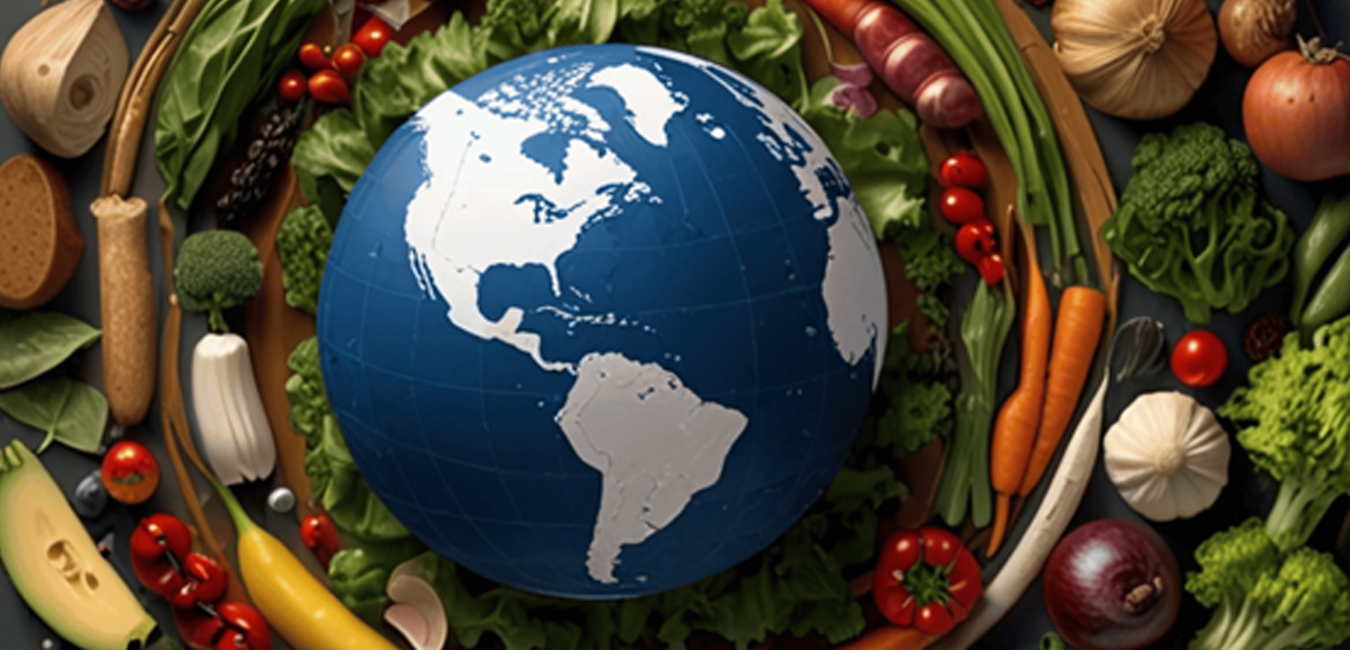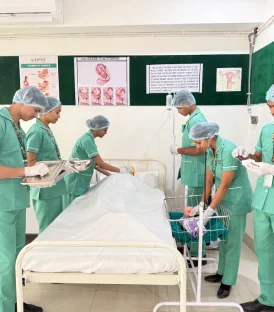November 06, 2025

Food has come to represent a key nexus of power, diplomacy, and security in the contemporary world order. The global food production, distribution, and consumption are economic and social phenomena, but also involve geopolitical concerns, including trade dependencies, resource governance, and global policy regimes. Scarcity, abundance, and access to food servings, state behavior, regional stability, and global power relations have made food a strategic tool in governance at home and relations beyond the state. Understanding the geopolitics of food thus offers vital insights into how states manage vulnerabilities, exert power, and respond to the complexities of interdependencies in an interconnected world.
Why is Food Considered A Geopolitical Instrument
Food has been acting as an important tool of a geopolitical strategy that can govern domestic and foreign policy. A state’s control over important agricultural goods allows it to exert power to negotiate trade agreements, create economic dependencies, and exert influence over other global actors. On the other end of the picture, countries that rely on imported goods become vulnerable to market fluctuations, supply disruptions, and political interference. These facts highlight asymmetric power relations built into the global food system. Thus, food is not just a question of survival in today's date; it is also an important tool for how the state can transfer power, protect strategic interests, and navigate the complex dependencies of the international system. Some of the primary aspects to understand the geopolitical importance of food are explained below.
1. Food Security: Food security is the state in which all people, at all times, will have physical, social, and economic access to sufficient, safe, and nutritious food for an active and healthy life. Having enough food available through either food production, food import, or food reserves, as well as the ability to acquire enough food using both economic means and physical means, is included in the meaning of food security. Stability is a determinant of food security, as it allows protection from climate variability, economic instability, and political instability. Thus, food security is an important determinant of human development, social stability, and resilience of countries and communities.
2. Climatic Factors: Extreme weather events, such as droughts, floods, and heatwaves, directly impact agricultural production, causing variations in domestic production and global supply chains. These disruptions usually contribute to local food deficits, raise prices, and generate import dependencies, affecting international trade flows and diplomatic relationships between countries across the globe. Additionally, climate-related migration and competition for fertile land and water resources also increase cross-border tension and instability within regions.
3. Global Policy Interventions: The global policy frameworks and international cooperation are critical to managing the global dynamics of food security and food supply. Trade agreements, export controls, and tariff policies shape the flow of agricultural goods, and they usually reflect other strategic and economic claims. Multilateral bodies, such as the United Nations Food and Agriculture Organization (FAO), are important in coordinating international policy responses to food crises, actively promoting sustainable agricultural practices, and providing assistance to regions at threat from food supply shocks.
Journey Towards Global Food Cooperation
The development of global food cooperation emerges from the intertwined challenges of food scarcity, climate change, and geopolitical tensions. Agencies such as the United Nations Food and Agriculture Organization (FAO), the World Food Programme (WFP), and regional organizations have helped coordinate global efforts toward stabilizing the food supply, emergency food aid, and sustainable agriculture practices. Strategic food reserves, technology sharing across borders, and collaborative research on climate-resilient crops demonstrate how cooperative work reduces risk from environmental variability and market risks. As these systems evolved, they taught us that to avert crises, and ensure we have equity and access to food around the world, we require multilateral engagement. The learning's from the progress of global cooperation demonstrates that food security is a shared responsibility, and we need to be collectively involved in keeping a stable and resilient food environment in an increasingly interconnected world.
Also Read: Health and Wellness-Driven Beverages: From Kombucha to Functional Teas

















